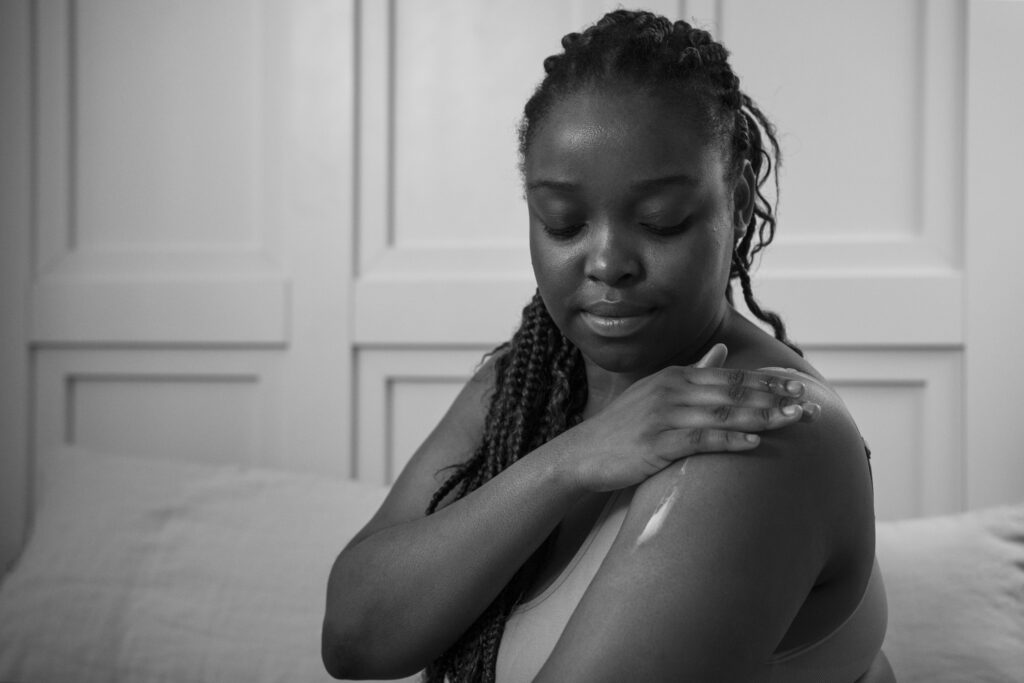
Breaking the Stigma
Why Open Conversations About Reproductive Health Matter
Reproductive health is a cornerstone of overall well-being, yet it remains shrouded in stigma and silence in many communities. Cultural taboos, misinformation, and deeply ingrained societal norms often prevent individuals—particularly women and young people—from accessing the care and information they need. Breaking this silence is not only a matter of health but also a pathway to empowerment, equality, and social progress.
The Cost of Silence
When reproductive health issues are not openly discussed, the consequences can be severe. Misconceptions about contraception lead to unintended pregnancies, while a lack of awareness about safe abortion options contributes to unsafe procedures and preventable maternal deaths. Silence also perpetuates harmful practices, such as gender-based violence and early marriage, which disproportionately affect women and girls.
Why Open Conversations Are Key: Fostering open, judgment-free discussions about reproductive health is vital for several reasons:
Destigmatisation: Normalising these conversations reduces fear and shame, encouraging individuals to seek care and make informed decisions about their bodies.
Education: Open dialogue dispels myths and spreads accurate information about reproductive health, contraception, and safe abortion.
Empowerment: When individuals, especially women, have the knowledge and confidence to advocate for their health, they gain control over their lives and futures.
Success Stories from Community Dialogues
At the heart of our mission is a commitment to creating safe spaces for these conversations. In one rural community, our trained peer educators organized weekly “health talks” where women and youth could discuss topics like contraception and menstrual health without fear of judgment. Over time, the program saw a significant increase in contraceptive use and a decline in teenage pregnancies.
In another example, a radio show we sponsored allowed listeners to call in anonymously with questions about reproductive health. The program not only educated thousands but also challenged harmful stereotypes and sparked conversations within families and communities.
A Call to Action
Breaking the stigma around reproductive health begins with each of us. Whether it’s starting a conversation at home, supporting public campaigns, or advocating for better policies, we all have a role to play. Together, we can create a culture where reproductive health is recognised, respected, and prioritised.
Share this post:
